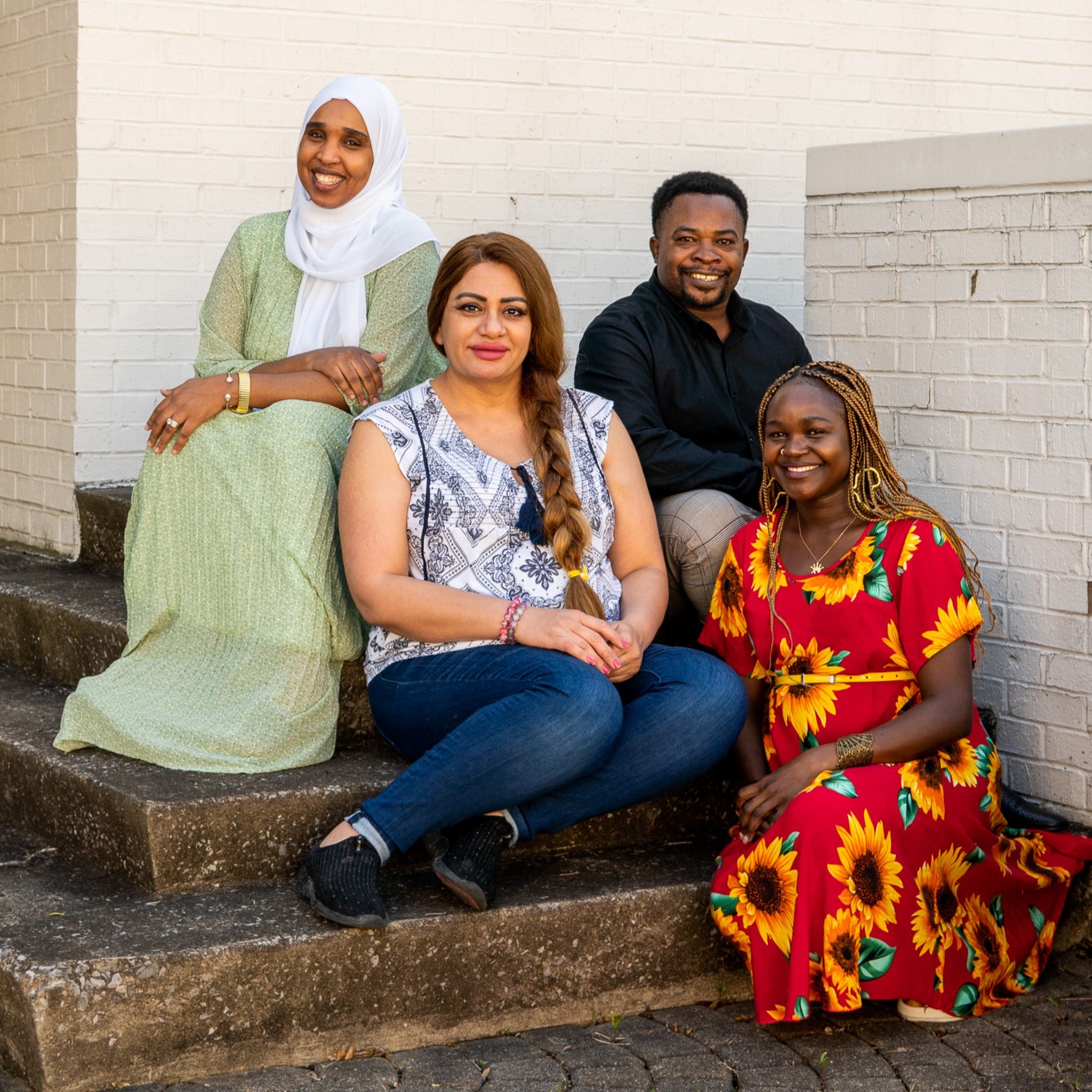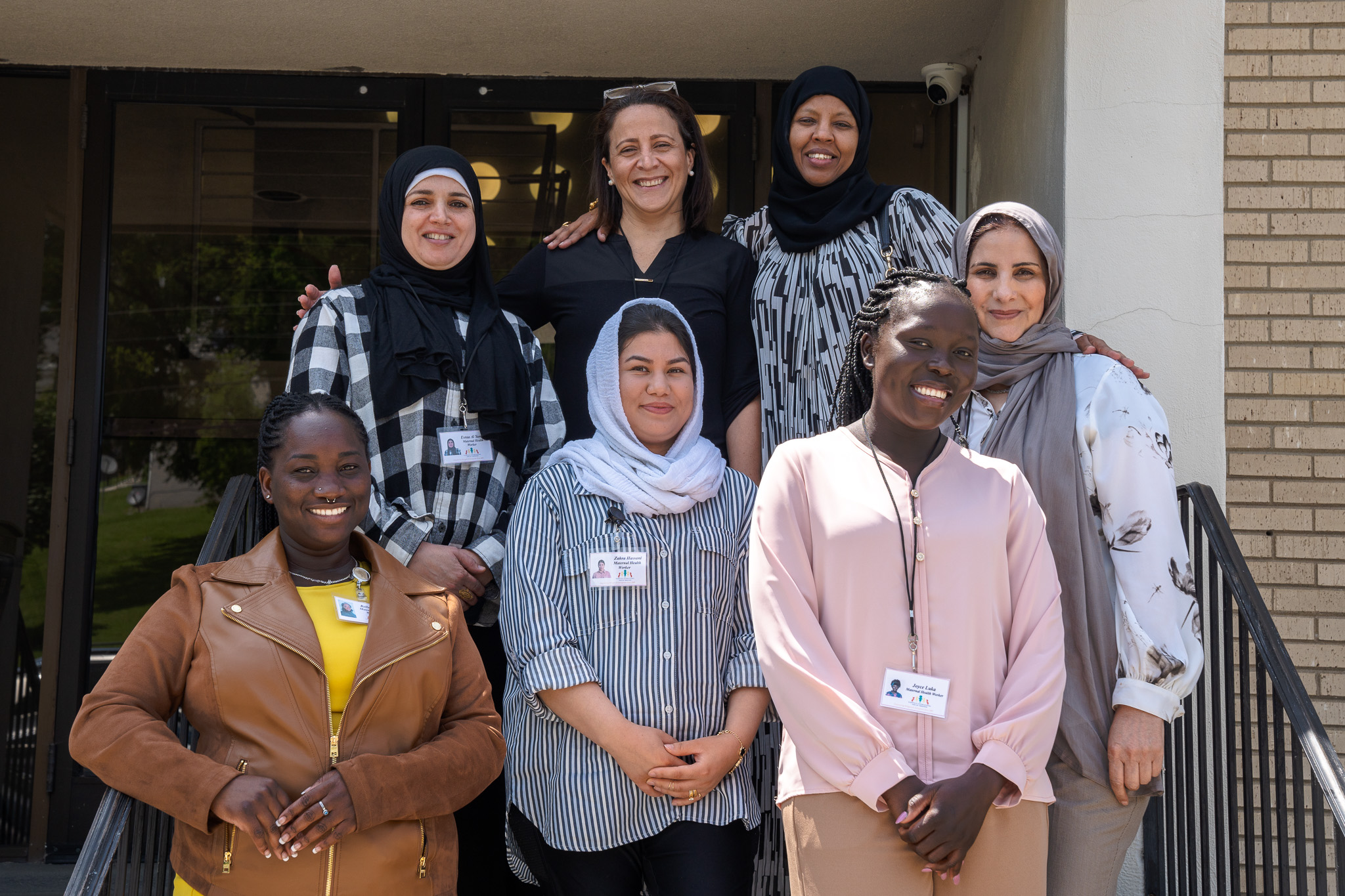Health
Our goal is to provide linguistically and culturally competent services to clients as they join the Middle Tennessee community.
NICE offers intensive case management services through the Elders and the Preferred Community programs. Case managers assist clients in the following areas: medical and mental health issues, insurance coverage, access to government services, social adjustment services, knowledge of US system and culture, and more.
NICE is also committed to providing health education, helping break down barriers that many refugees and immigrants face as they adjust to life in the United States.

Health Services
Health Education
NICE’s Health Education program provides culturally competent services, focusing on removing health system barriers and mitigating distrust in western biomedicine. NICE also seeks to expand health literacy on topics such as chronic disease prevention, nutrition, physical activity, mental health, stress management, and COVID-19 vaccine efficacy education. Health services are also brought to the communities themselves – vaccine drives at community centers, religious gatherings, and even apartment complexes. We utilize our Trusted Messengers and culturally competent staff to bridge gaps between different cultures and practices.
Mental Health
The NICE Mental Health and Resiliency program improves access to culturally-relevant, trauma-informed mental health care and community support for our refugee clients. Program activities include building the capacity of a local mental healthcare provider network, creating pathways for provider referrals, case management, educational workshops, group dialogues, and community activities. The program is meant to help our clients thrive from a holistic perspective by including both individual care strategies and building self-sustaining communities.

Maternal Infant Health Outreach Worker Program (MIHOW)
The Maternal Infant Health Outreach Worker Program (MIHOW) is a peer mentoring program which uses home visits and group opportunities to educate and motivate families toward healthy choices, focusing on pregnancy and early childhood.
MIHOW is a partnership between Vanderbilt University and NICE, linking community strengths to improve health outcomes among disadvantaged refugee and immigrant families. The NICE-MIHOW program model targets underserved communities and primarily serves low income refugee/immigrants, stressed and isolated families, recognizing that they are at highest risk for poor birth outcomes.
This mother-to-mother mentor program is designed to improve health and development of pregnant women and families with children ages 0-3.
Health Resources
Tennessee Office for Refugees (TOR) has created a health handbook in a variety of languages to help assist New Americans with healthcare and procedures in the United States. Topics include when to go to the ER vs. calling 911, insurance basics, hygiene items, and more.


